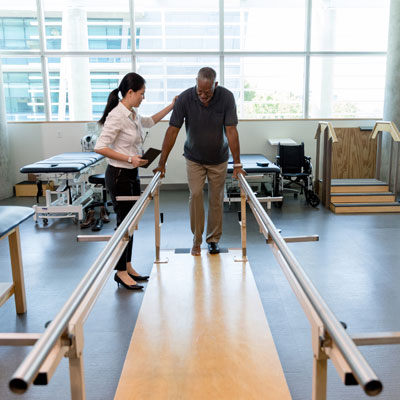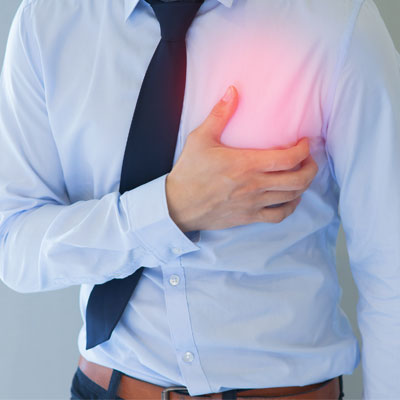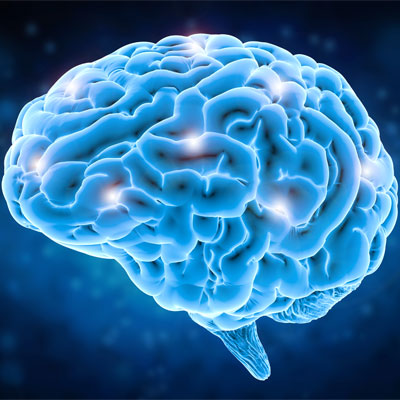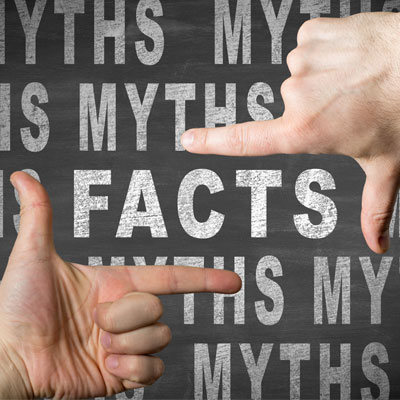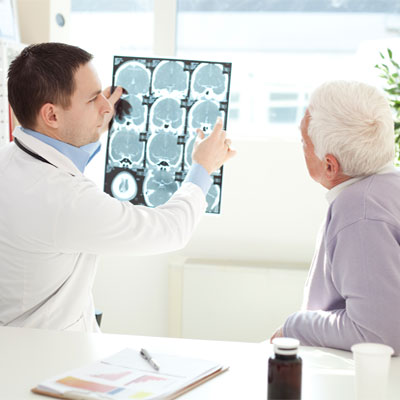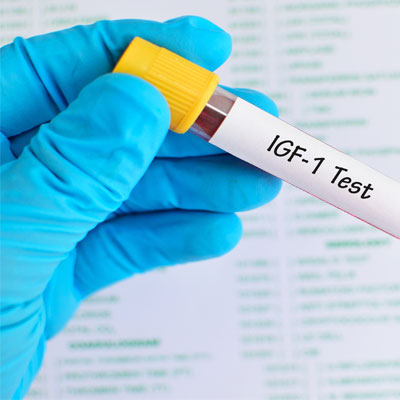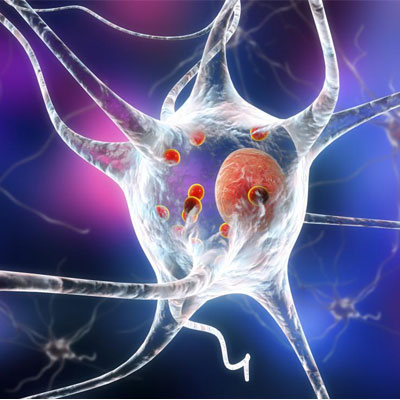Contents
- What Are the Positive Benefits for Stroke Recovery from HGH Therapy?
- Can Growth Hormone Promote Brain Recovery After Stroke?
- Growth Hormone May Help Restore Cognitive Function After a Stroke
- Influence of HGH on the Brain after a Stroke
- Can HGH Improve Nerve Damage After a Stroke?
- What Do the Studies Say About HGH and Stroke?
- Are There Other Hormones That Can Help Victims After a Stroke?
Following a Trusted sourceAbout StrokeAmerican Stroke AssociationGo to sourcestroke , many adults also suffer from a decline in growth hormone production. We have already seen promising reports of HGH benefits for people with traumatic brain injury (TBI). It would seem logical that the same positive results could be associated with stroke victims, as well. The use of HGH for stroke recovery is still in its early stages. Much of the research to date has been done on mice and rats.
The Trusted sourceGrowth hormone may provide new hope for stroke survivorsProfessional Development for TeacherGo to sourcelatest research on growth hormones and stroke comes out of the University of Gothenburg in Sweden. Mice that were stroke-induced received either a placebo or four weeks of HGH infusion. Researchers tested each of the mice separately using a touch screen showing different visual symptoms. The mice were provided with a sugar solution when they responded with the correct answer by placing pressure with their paw on the screen. The results were as follows:
- Mice receiving a placebo answered correctly 6 out of 10 times
- Those mice that received HGH provided the right answers 8 out of 10 times
Additional results included the formation of new blood vessels, decreased loss of brain tissue, and repair of damaged nerves.
Other studies have backed up this research, showing regaining of motor skills, memory functions, and neuron regeneration in rats.
HGH use for stroke recovery has shown promising results in testing on mice and rats.
What Are the Positive Benefits for Stroke Recovery from HGH Therapy?
One aspect of HGH and stroke recovery has to do with the effects of insulin growth factor 1 on the brain. IGF-1 secretion by the liver occurs after that organ receives signals from human growth hormone. The Sahlgrenska Academy Study on Ischemic Stroke (SAHLSIS) looked at 407 patients between age 18 and 70 years who experienced a stroke. Those individuals with higher IGF-1 levels had better recovery during the 3 to 24-month period following the event. Treatment with HGH therapy for those who are growth hormone deficient following a stroke can increase both HGH and IGF-1 levels.
A study out of Korea looked at 15 stroke patients who received either HGH and rehabilitation or rehabilitation alone. Requirements for participation in the research were a minimum of two-months post-stroke, IGF-1 levels lower than 300 ng/mL, hemiplegia with a disability on the modified Rankin scale score of a 3 to 4, and the ability to communicate and follow instructions.
The benefits of HGH for stroke recovery in this trial included:
- Those who received HGH therapy reported feeling less tired than those in the control group
- Individuals receiving human growth hormone scored higher in daily activity domain (personal care) and ambulation than the control group
- HGH was responsible for less fiber loss in the brain
Additional benefits of HGH have to do with how growth hormone helps to strengthen and support the muscles. Many stroke victims experience a decline in motor abilities such as movement and even speech. HGH can help support the functions of these muscles by increasing cell regeneration crucial to positive muscle performance.
Since HGH also works on growth hormone receptors in the brain, it can stimulate a positive mood which is crucial to a beneficial outcome. Low HGH levels often lead to depression – an issue that can adversely impact stroke victims. Since HGH also aids in memory, it can significantly improve recall that is sometimes lost following a stroke.
HGH provides numerous benefits for stroke victims such as increasing energy, improving daily activity, and aiding brain and emotional functions.
Can Growth Hormone Promote Brain Recovery After Stroke?
There has been significant research to indicate that growth hormone therapy can certainly promote brain recovery after stroke. These studies indicate that growth hormone treatment, when used together with rehabilitation program, promote a positive outcome for brain injury and stroke patients. A study that has been going on since 2018 in Australia is showing remarkable results.
Dr. Lin Kooi Ong, the lead researcher on the study, said, “we decided to undertake the “Bedside to Bench” approach to investigate whether we can use growth hormone as neurorestorative therapy after stroke. Briefly, we treated stroked models with growth hormone subcutaneously, a similar administration route as in the human studies. We found that growth hormone treatment significantly improved cognitive performance in stroked models.” Adding, “Our results are striking, supporting the effectiveness of growth hormone therapy in facilitating the formation of the brain’s vascular and neuronal networks, leading cognitive recovery after stroke.”
Growth Hormone May Help Restore Cognitive Function After a Stroke
Research into the use of HGH therapy to restore cognitive function after stroke is showing positive results worldwide. A 2018 study from Sweden, published in the Journal Stroke and reported on in “Science Daily,” found that animal stroke victim models showed less fatigue and better recovery of cognitive abilities such as learning and memory, after being treated with HGH.
“We hope that this work can pave the way for clinical studies involving the use of human growth hormone as a treatment in the rehabilitation phase after a stroke,” says Jorgen Isgaard, professor of endocrinology at Sahlgrenska Academy, University of Gothenburg, Sweden. The study involved stroke-induced mice.
Isgaard’s results show a definitive link between growth hormone and improved cognition after a stroke, as well as the possible mechanisms that may be responsible. “The most important new finding is that growth hormone improves cognition after a stroke compared with controls. If this finding holds true for humans, it can lead to a breakthrough in terms of treatment that facilitates rehabilitation and quality of life after a stroke,” says Jorgen Isgaard.
Influence of HGH on the Brain after a Stroke
One of the factors that researchers around the world have looked at is “brain plasticity.” When looking at using HGH after stroke brain plasticity encompasses the following areas that repair neuronal networks:
- Neuronal reorganization
- Synaptogenesis
- Dendritic arborization
- Reinforcement of existing synaptic connections
- Neurogenesis
IGF-1 provides a vast influence on the brain, as follows:
- Promoting neurogenesis – the formation of new neurons
- Improving synaptogenesis – the formation of crucial synapses between neurons
- Protecting the neurons against oxidative stress
- Increasing neurotransmitter receptors
- Promoting proliferation and maturation of oligodendrocyte cells
- Reducing apoptosis – cellular death
- Decreasing beta-amyloid levels (a plaque often found in the brains of Alzheimer’s patients)
The use of HGH for stroke recovery is beneficial to help increase IGF-1 levels. Direct treatment with IGF-1 therapy is not recommended for two reasons:
- It increases the risk of side effects
- It throws the HGH/IGF-1 axis out of balance
HGH promotes the formation of new neurons and synapses while protecting against oxidative stress.
Can HGH Improve Nerve Damage After a Stroke?
HGH can help improve nerve damage after a stroke by protecting critical neurotransmitters and neurons from apoptosis while increasing their multiplication.
The brain has the ability to heal itself and repair of damaged neurons and neurotransmitters is possible. The use of HGH for stroke recovery is seen as a positive sign as growth hormone can improve the density of nerve fibers while regenerating nerve cells. HGH can also increase myelination by improving the formation of the myelin sheath around the nerves to transmit nerve impulses faster.
For additional information about the effects of HGH after a stroke, please contact our hormone clinic. Consultations are confidential and provided at no charge.
HGH has benefits for nerve damage and protecting critical neurons against cellular death following a stroke.
What Do the Studies Say About HGH and Stroke?
In addition to the studies mentioned above, there have been other studies indicating that growth hormone therapy generally has positive effects on cognition after brain damage. The investigation into whether HGH could possibly help stroke victims recover comes on the heels of previous studies which discovered that growth hormone deficiency (GHD) often occurs after a stroke. This is presumably due to the impact of the stroke on pituitary function.
A pilot human trial in 2012 on human stroke victims found that HGH therapy resulted in less fatigue and improved cognitive function.
One of the most recent studies, this one published in 2020 in the International Journal of Molecular Sciences, found that in addition to the already well-documented positive effects of HGH on cognitive function after stroke, growth hormone therapy could also help return motor function to stroke victims.
Are There Other Hormones That Can Help Victims After a Stroke?
Other forms of hormone replacement therapy (HRT) are also being investigated for their potential benefit to recovering stroke victims, most notably testosterone replacement and progesterone therapy.
In clinical studies of progesterone use following traumatic brain injury (TBI), the has been some evidence that it provided a positive outcome for improvement. While there is some belief that progesterone may have significant benefits for stroke, more research is necessary.
The results with testosterone have been more promising. On a study of men with type 2 diabetes who experienced a non-fatal ischemic stroke, long-term (up to 5 years) testosterone use provided the following results:
- Reduced risk of developing a second stroke
- Decreased death risk associated with a second stroke
- Increased muscle strength
- Speeds up recovery
- Reduced body weight
- Lowered blood pressure
- Improved quality of life and decreased symptoms of depression
- Reduced LDL cholesterol and triglycerides
FAQ
- Thomas Lillicrap, Carlos Garcia-Esperon, Frederick Rohan Walker, Lin Kooi Ong, Michael Nilsson, Neil Spratt, Christopher R. Levi, Mark Parsons, Jörgen Isgaard and Andrew Bivard
- Lin Kooi Ong, Wei Zhen Chow, Clifford TeBay, Murielle Kluge, Giovanni Pietrogrande, Katarzyna Zalewska, Patricia Crock, N. David Åberg, Andrew Bivard, Sarah J. Johnson, Frederick R. Walker, Michael Nilsson, and Jörgen Isgaard
- Sonia Sanchez-Bezanilla. N. David Åberg, Patricia Crock, Frederick R. Walker, Michael Nilsson, Jörgen Isgaard, Lin Kooi Ong
- Daniel Allar
Growth Hormone Deficiency Is Frequent After Recent Stroke
Growth Hormone Improves Cognitive Function After Experimental Stroke
Growth Hormone Promotes Motor Function after Experimental Stroke and Enhances Recovery-Promoting Mechanisms within the Peri-Infarct Area
Growth hormone may help restore cognitive function after stroke

